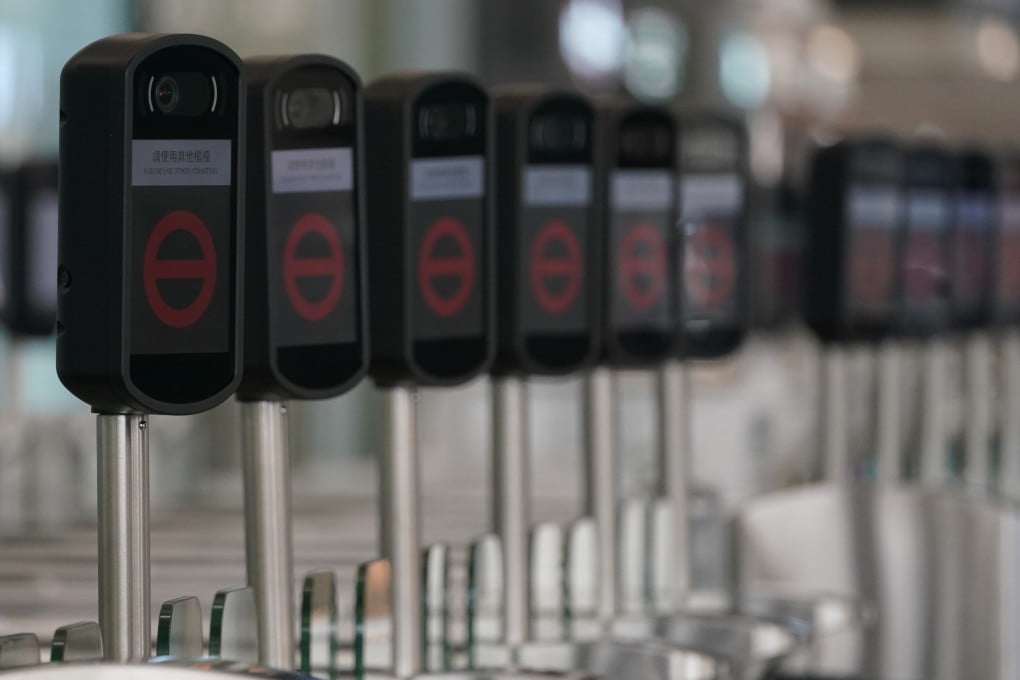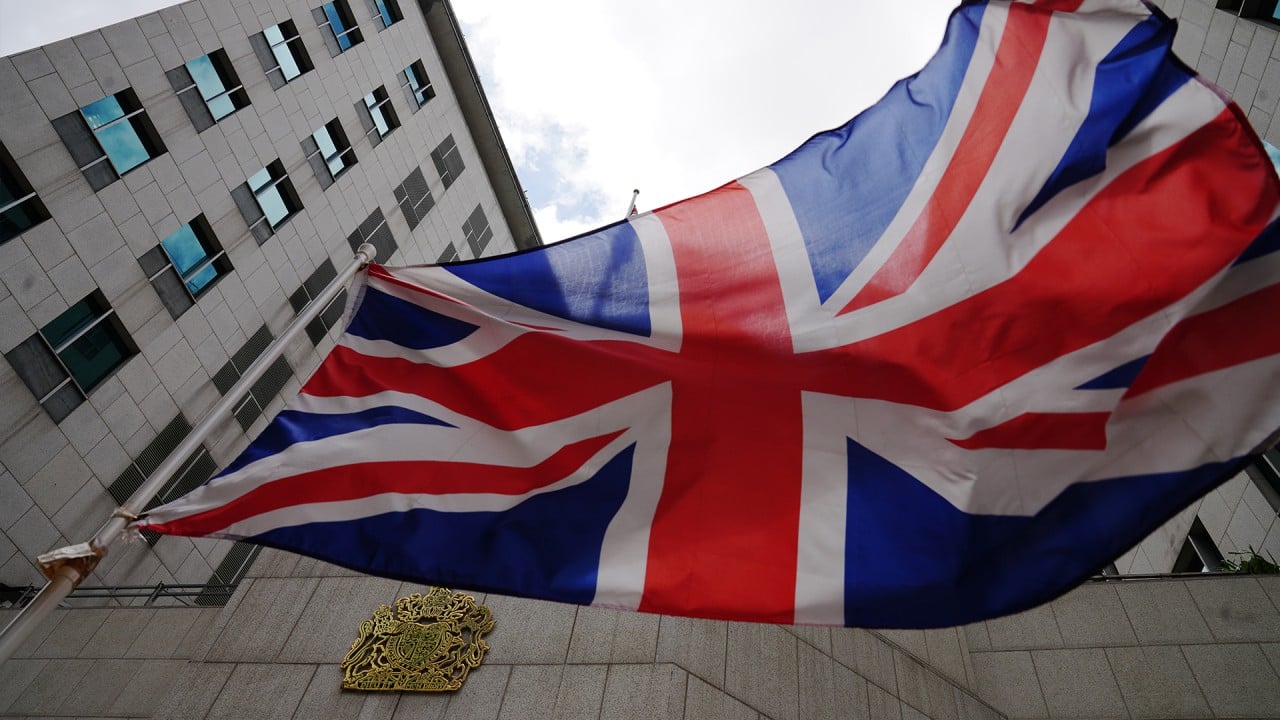Advertisement
Hong Kong BN(O): official rejection of passports leaves many members of ethnic minority communities stranded at home
- The city’s government has said it no longer recognises BN(O) documents as valid for travelling
- But for many ethnic minority group members, the passport is all they have and applying for an HKSAR one is fraught with uncertainty
Reading Time:4 minutes
Why you can trust SCMP
87

Members of ethnic minority communities in Hong Kong who only hold a British National (Overseas) passport face a fresh hurdle in going abroad after the government said it no longer recognised the document for travel or identification.
Said to be in the hundreds or thousands, by some estimates, they were taken by surprise when the Immigration Department announced that the BN(O) document could not be used for entering or exiting the city from January 31 and residents would need a Hong Kong Special Administrative Region passport or identity card.
The move came amid a row between China and Britain over London’s offer of a path to citizenship for Hong Kong residents eligible for the BN(O) status.
Many members of ethnic minority groups rely on their BN(O) passports as their sole travel document, as they say they have long faced difficulties in applying for an HKSAR passport given they are not Chinese nationals.

03:14
UK unveils details of citizenship offer for Hongkongers with BN(O) passport holders
UK unveils details of citizenship offer for Hongkongers with BN(O) passport holders
Applicants must give up any prior nationality status, prove they have roots in Hong Kong and are contributing to the local community. But insiders said immigration officers often arbitrarily rejected applications, putting ethnic minority members off from applying at all.
Advertisement